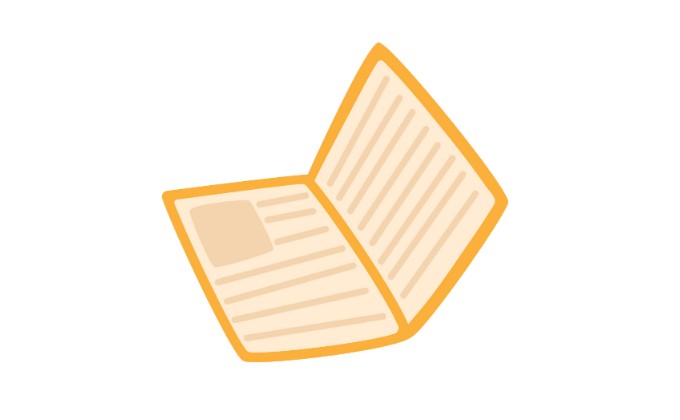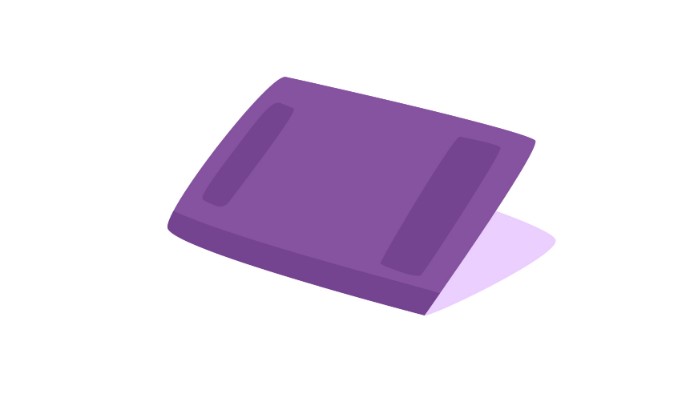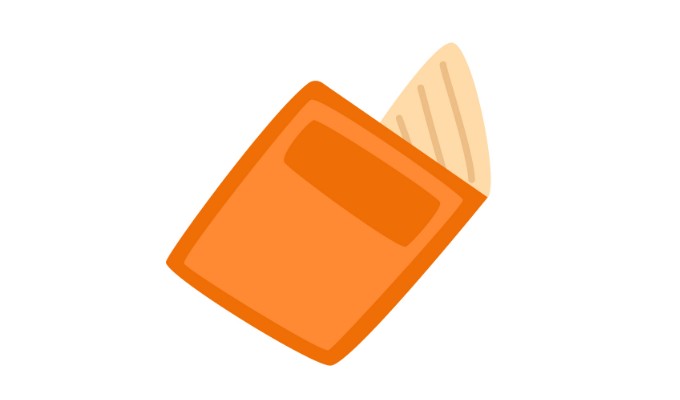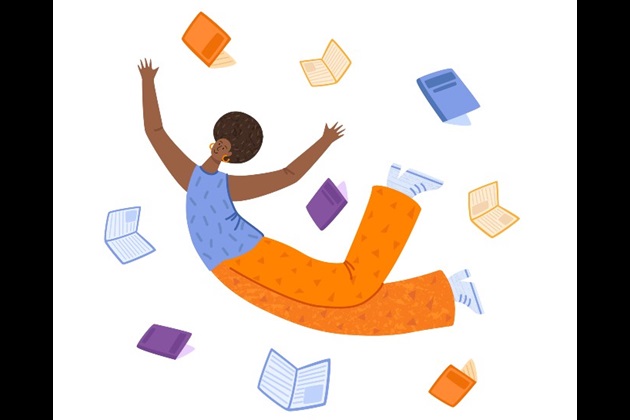A great book can help you escape and change how you’re feeling. We’ve found five fab reads for five different moods
Inspiration
The Language of Kindness by Christie Watson
A nurse for 20 years before authoring two novels, Christie Watson recently joined the COVID-19 temporary register as the pandemic began. This nonfiction account draws on her nursing experience, illustrating how small acts of kindness are essential to the profession, and reminding readers of the huge impact nurses have on the lives of those they care for.

Reflection
The Art of the Body by Alex Allison
In his debut novel, Alex Allison presents the complex relationship between Sean, an art student with cerebral palsy, and his carer Janet, herself an art school dropout. The novel explores the physical intimacy of caring, loneliness, loss, and what it means to be dependent.

Laughter
Queenie by Candice Carty-Williams
Recently nominated for the Comedy Women in Print Prize 2020, Queenie is a humour-laced chronicle of the romantic ups and downs of a 25-year-old Londoner trying to get her life on track. It’s been favourably compared to Bridget Jones’s Diary and tackles difficult relationships with plenty of warmth and wit.
Tears
Normal People by Sally Rooney
Sometimes you need to get lost in someone else’s story. Sometimes it’s good to have a big old cry. Sally Rooney’s second novel will help you do both. Charting four years of Marianne and Connell’s lingering, hidden romance, the novel was longlisted for the Man Booker Prize and multiple other awards. And there’s now a 12-episode TV adaptation to break your heart all over again.

Hope
Notes on a Nervous Planet by Matt Haig
Matt Haig is probably best known for his top-selling memoir Reasons to Stay Alive, where he talked openly about his mental health and offered hope to others struggling. This follow-up takes a broader look at the things that make us anxious – social media, news, work – and how we can change our habits to find moments of calm and happiness.








